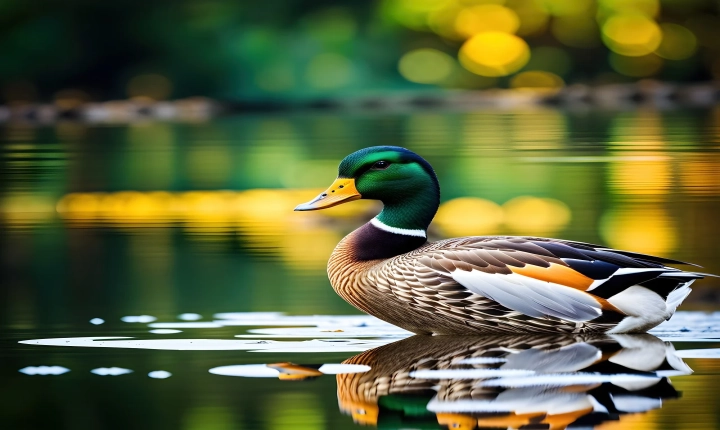Title: Can ChatGPT Compose Music? Exploring AI Technology in Music Composition
Artificial Intelligence (AI) and machine learning have revolutionized many industries, and the world of music is no exception. With the advancement of AI technology, tools like ChatGPT, GPT-3, and other language models have been used for a variety of creative endeavors, including music composition. But can these AI systems truly compose music that resonates with human emotions and creativity?
ChatGPT is an AI model created by OpenAI, capable of generating human-like responses based on the input it receives. While it is primarily designed for natural language processing and understanding, it can also be utilized in other creative domains, such as music composition.
The idea of AI composing music raises questions about the role of creativity and emotional expression in the arts. Can an AI system truly capture the essence of musical expression, or is it merely mimicking patterns based on existing data? While these questions are open to debate, there is no doubt that AI has the potential to augment and complement human creativity in the music composition process.
AI-generated music often starts with a large dataset of existing musical compositions. Using machine learning algorithms, the AI model analyzes these compositions to identify patterns, structures, and motifs. It then employs this knowledge to generate new musical pieces based on the observed patterns. While the resulting compositions may exhibit a certain level of coherence and musicality, the challenge lies in creating music that evokes genuine emotional connection and originality.
One of the key advantages of using AI for music composition is its ability to generate a large volume of music rapidly. This can be particularly helpful for musicians, composers, and music producers looking for inspiration or exploring new ideas. AI-generated music can serve as a starting point for further refinement and development, sparking new creative directions and possibilities.
Moreover, AI can be a valuable tool for musicians to experiment with different musical styles and genres, allowing them to push the boundaries of their creative expression. By leveraging AI-generated musical ideas, artists can explore unconventional compositions and break free from traditional constraints.
However, it is important to recognize the limitations of AI in music composition. While AI models like ChatGPT can produce musical sequences based on learned patterns, they lack the intuitive understanding and emotional depth that human composers bring to their work. Music is fundamentally a form of human expression, rooted in emotion, storytelling, and personal experiences. AI, at least for now, cannot fully replicate these elements.
Furthermore, there is a risk of over-reliance on AI-generated music, potentially leading to a homogenization of musical styles and a loss of diversity and originality in the creative process. It is essential for musicians and composers to maintain a balance between utilizing AI as a tool for inspiration and preserving their unique artistic vision and creativity.
In conclusion, while AI, including models like ChatGPT, can indeed compose music, it is crucial to approach this technology with a thoughtful and discerning mindset. AI has the potential to enhance the music composition process, offering new pathways for creative exploration and inspiration. However, it is imperative to uphold the intrinsic value of human creativity and emotional expression in music, recognizing AI as a complementary tool rather than a replacement for genuine artistic ingenuity. As AI technology continues to advance, it will be fascinating to witness how it coexists with human creativity in shaping the future of music composition.
